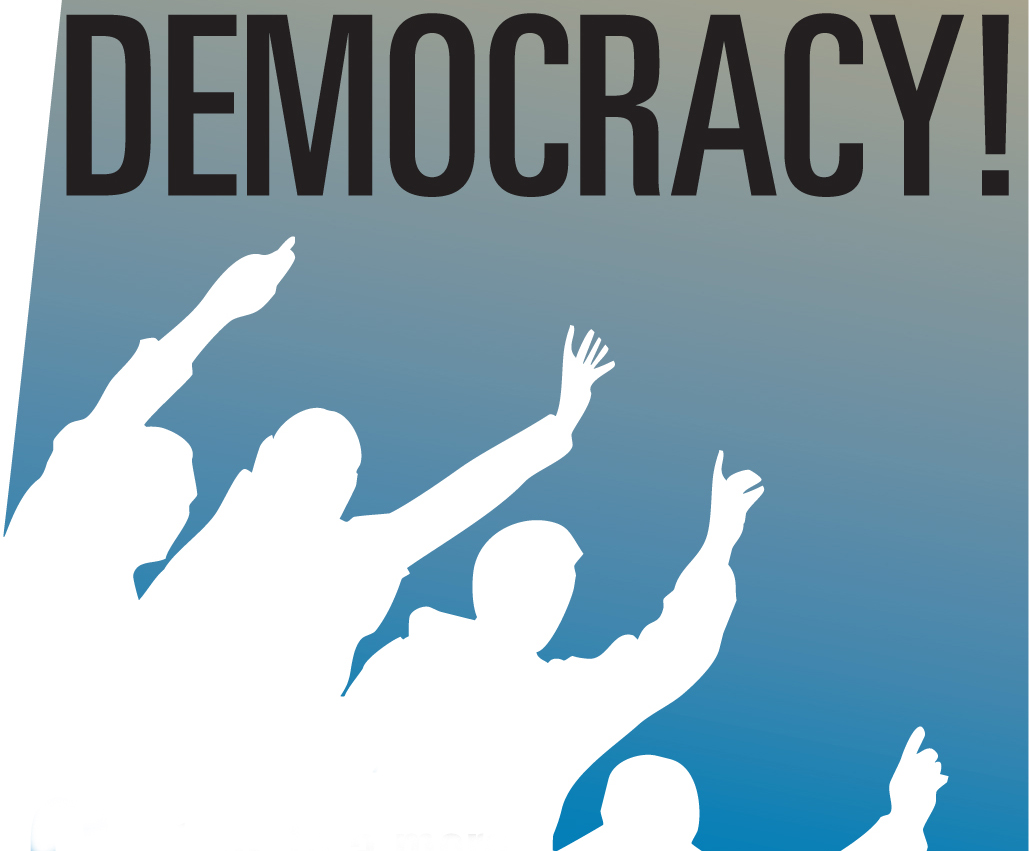Democracy:
Democracy is a form of governance that involves people right from the grassroots level. It makes the society egalitarian by providing the right of adult franchise to every citizen. It empowers the citizens and is rule by the people. It is synonymous with freedom and rights for the citizens.
Although democracy has roots in several countries, especially the Eastern European countries which were once under communist rule, but this is no reason for complacency because in several parts of the world democracy is yet to be established. Democratically elected leaders are often ousted by military coups in some countries. Ethnic strifes, religious fanaticism, poverty, illiteracy, etc., are some of the threats looming over democracy.
Hence Bertrand Russell considered that education is required to save and nurture democracy. Education that develops tolerance for divergent views, respect for the worth of individuals and liberated mind can only safeguard democracy.
ADVERTISEMENTS:
At the same time democracy in its modern form cannot be successful in a country where many cannot read. Dewey had said that democracy is inconceivable without education instills the qualities that are the prerequisites of democracy. Dr. Radhakrishnan too was of the opinion that democracy depends for its very existence on high standards of general, vocational and professional education.
This makes the role of education clear for nurturing democracy. The abilities to think critically, objectively and in an unbiased manner are to be developed through education. The education imported today determines the political set up of tomorrow.
Nationalism:
For the sovereignty of a country, the feeling of nationalism among its citizens is a must. Today several countries are facing the threat of disintegration. Countries like Yugoslavia and Soviet Union have disintegrated. Ethnic strife, religious extremism, etc., are some of the factors that catalyse the disintegration of a nation.
ADVERTISEMENTS:
The National Integration Conference (1961) considered that national integration was a psychological and educational process that develops the feeling of unity; solidarity and cohesion in the hearts of people. In a country like India with cultural, linguistic and religious diversity, only a strong feeling of nationalism can help the people in staying united.
According to Indian Education Commission (1964-66) education plays an important role in developing national integration. Dr. S. Radhakrishnan opined that national integration cannot be built by brick and mortal or chisel and hammer. It grows silently in the minds and hearts of people.
It is difficult to mould the thinking pattern of adults. But the attitude of children can be shaped easily. Hence through education, tolerance, appreciation for diversity and above all the realisation that we benefit by remaining united has to develop. To strike at the root of sectarian violence and religious bigotry, education for nationalism is the need of the hour.
International Understanding
Along with the feeling of nationalism, international understanding is also important. Today it is realised that the resources of the world including knowledge are the common property of humanity that has to be shared. The preamble to the Constitution of UNESCO declared that since war begins in the minds of men, it is in the minds of men that the defences of peace must be constructed.
ADVERTISEMENTS:
It implies that the thinking is to be shaped in such a way that there is desire for peace. Thinking can be shaped only through education. Rabindranath Tagore and Dr. S. Radhakrishnan had emphasised the importance of international understanding, world peace and understanding each other’s fears and anxiety.
Education develops the attitude necessary for peaceful coexistence and cooperation among nations. Awareness against racism, desire for peace, respect for world heritage, and world wise eradication of diseases, poverty and illiteracy can be achieved only through education.
Environment:
The pollution of environment is a matter of great concern for humanity. Rapid industrialisation, urbanisation and indiscriminate exploitation of national resources wreak havoc on the environment.
The British army in Malaysia and US army in Vietnam dumped million of gallons of defoliants and other toxins. The Gulf war polluted the land, sea, and air of the gulf region.
It is a challenge for the educationists of the 21st century to make the individuals aware about the fallout of global warming, depletion of the ozone layer, extinction of wildlife, threat of nuclear spill out, deforestation etc.

